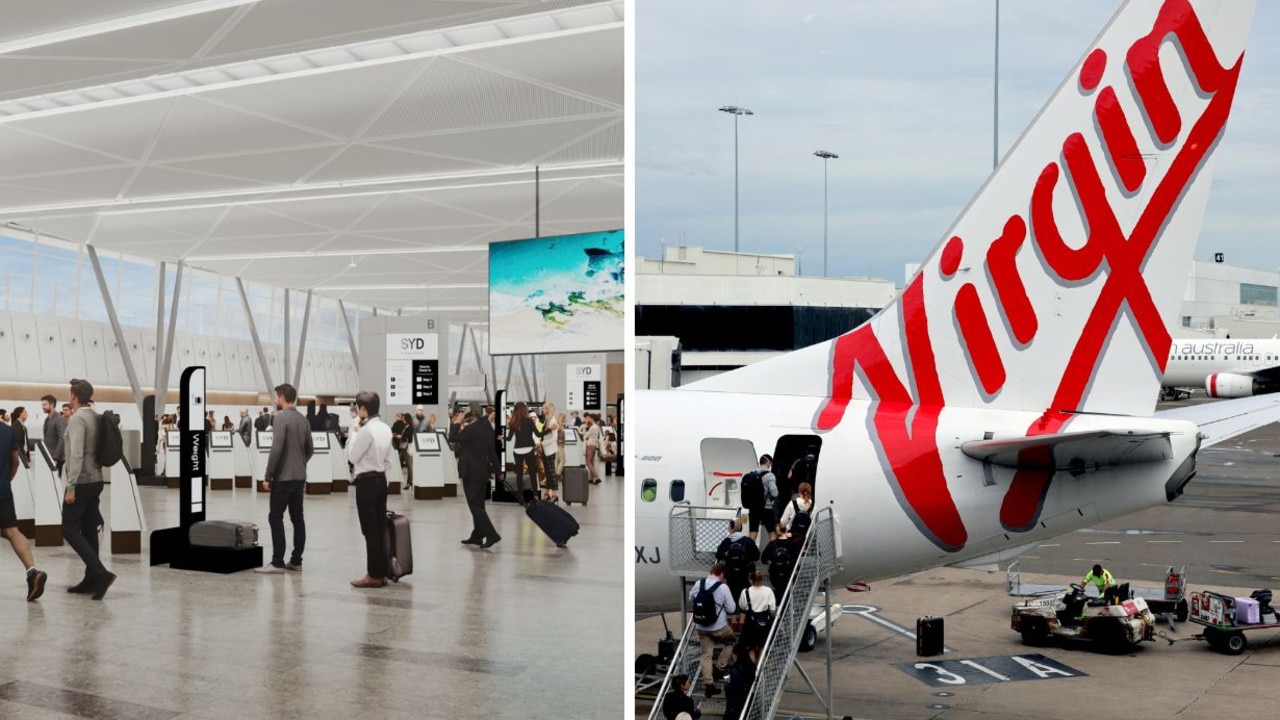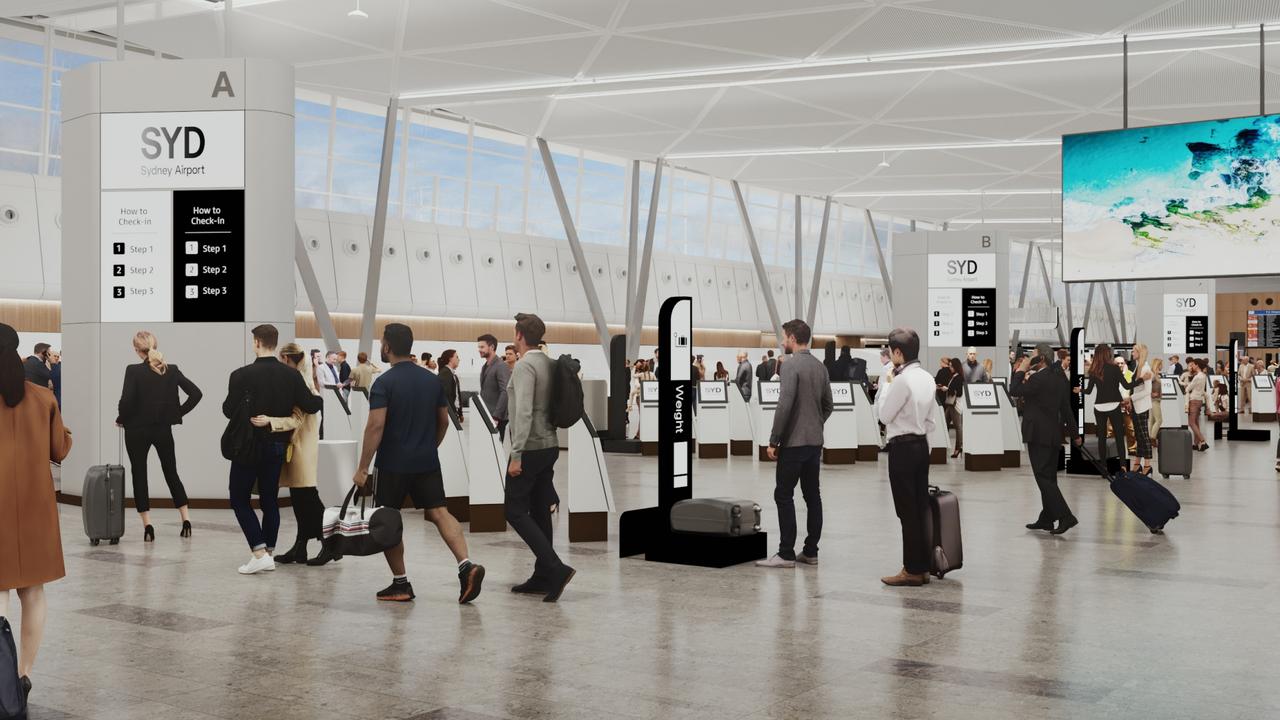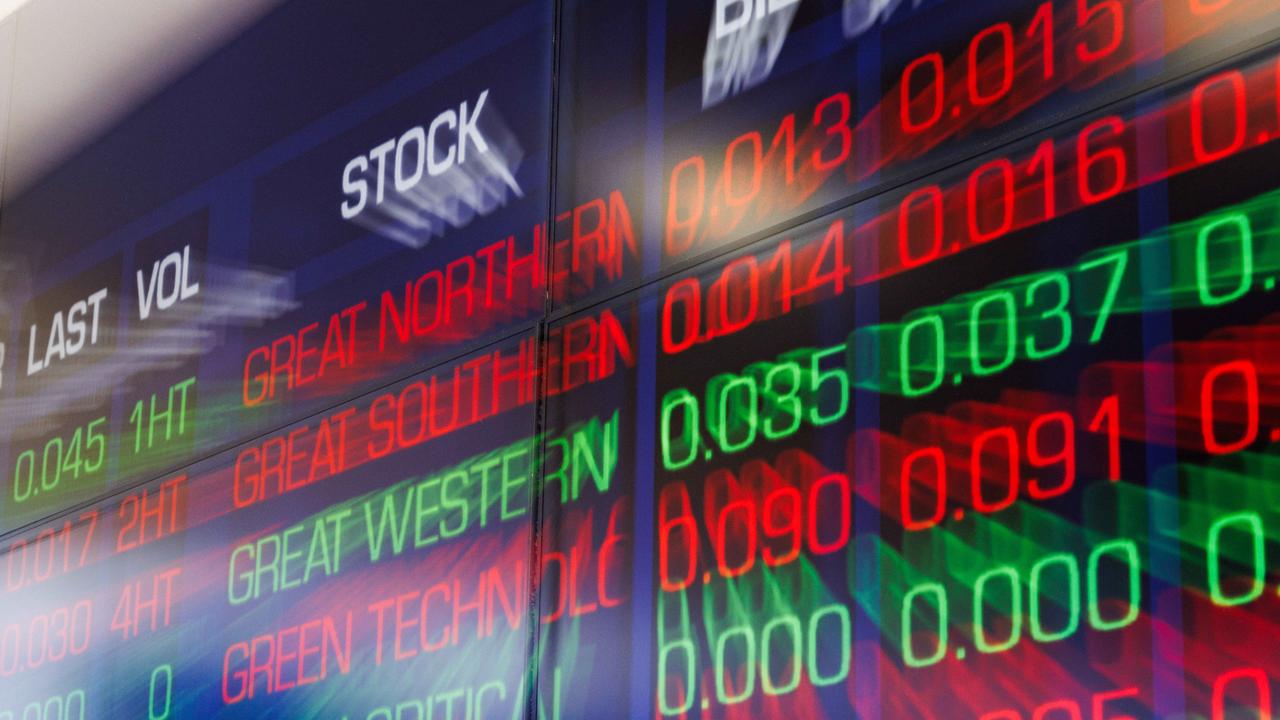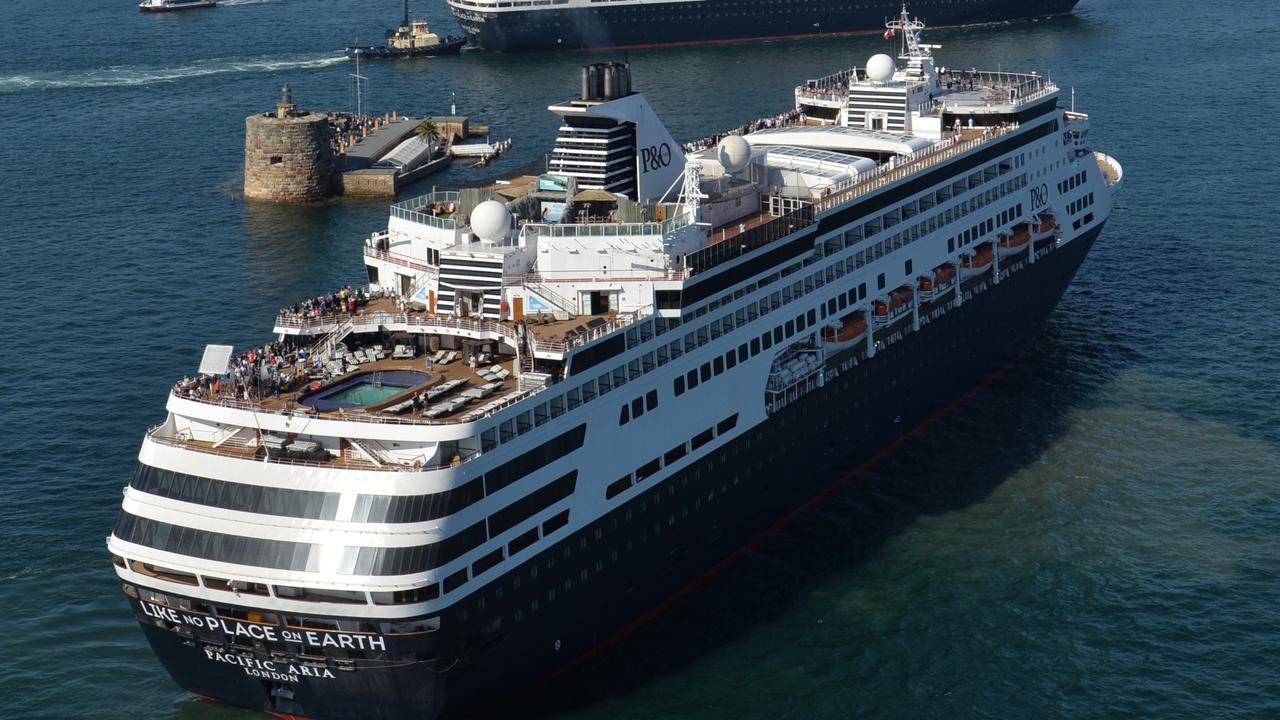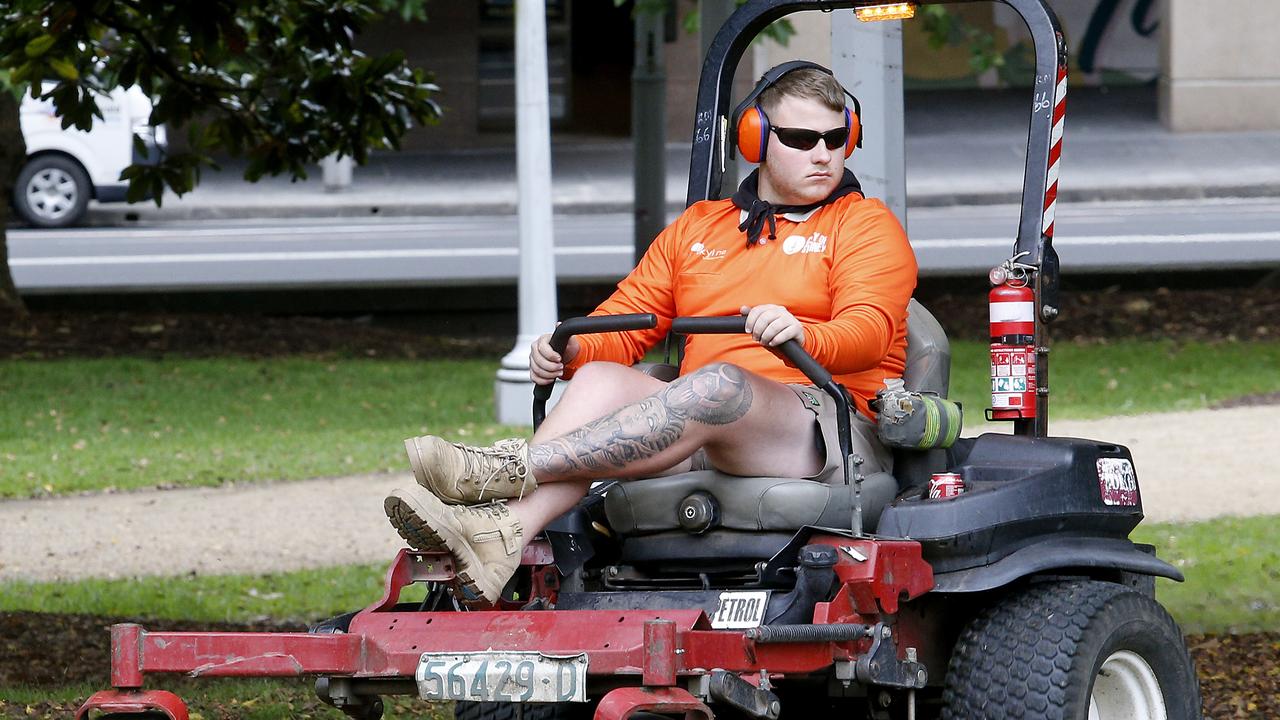‘Don’t have the money’: Crisis hits big industry
One company raked in $120 million and still couldn’t survive. Players in this “beautiful” sector are sounding the alarm on the the struggles they are facing.
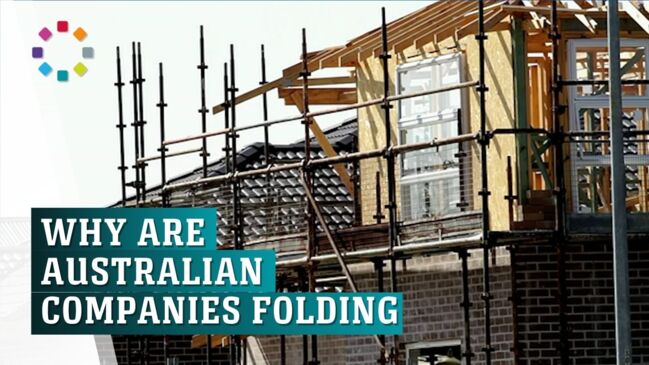
Companies
Don't miss out on the headlines from Companies. Followed categories will be added to My News.
Multiple Australian craft brewers have collapsed this year and there are warnings that the industry is facing a “stranglehold” as often family-run businesses take a hit from all sides.
Last week, the latest victim of the crisis emerged with the craft brewer and ready-to-drink vodka maker Billson’s Beverages announcing they were “devastated” to put the business into voluntary administration — despite the business raking in $120 million last year.
The craft brewer casualty list has continued to pile up this year as many failed to dig themselves out of a financial black hole.
These have included the ASX-listed juggernaut Mighty Craft, Victorian-based Deeds Brewing, Alchemy Brewing Co which lamented a “rough ride” and award-winning Queensland brewer Black Hops.
Now craft brewing companies across Australia are sounding the alarm bells on the crisis-hit industry that they say is constantly being “squeezed” by everything from an uneven playing field, huge taxes, rising expenses and consumers who are watching their spending closely.

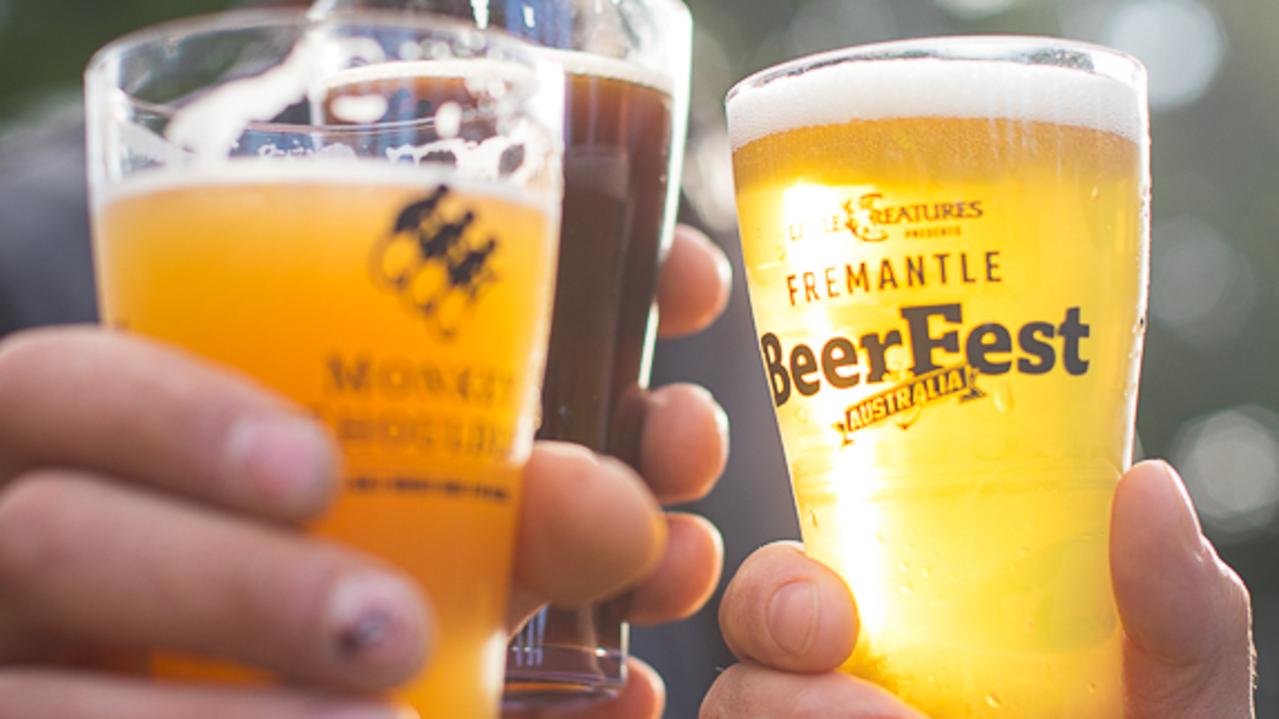
Constant wave of challenges
Sydney-based White Bay Brewery launched during a turbulent time — the pandemic in April 2020 – but now faces a “constant wave of new challenges” that the sector as a whole is trying to navigate, according to its senior sales manager Jackson Davey.
“I think that the cost of just existing as a business in our sector is getting harder and harder all the time for a myriad of reasons. Obviously global conflicts raising prices on gas and definitely grain for us, to payroll tax, and the never ending onslaught of excise taxes that increase the cost of doing business,” Mr Davey told news.com.au.
“I think that despite the findings of commissions into whether or not the larger multinational conglomerates have a stranglehold on the beer industry and whether or not tap contracts were not competitive – this time they seemed to have grabbed more tap space, not less.”

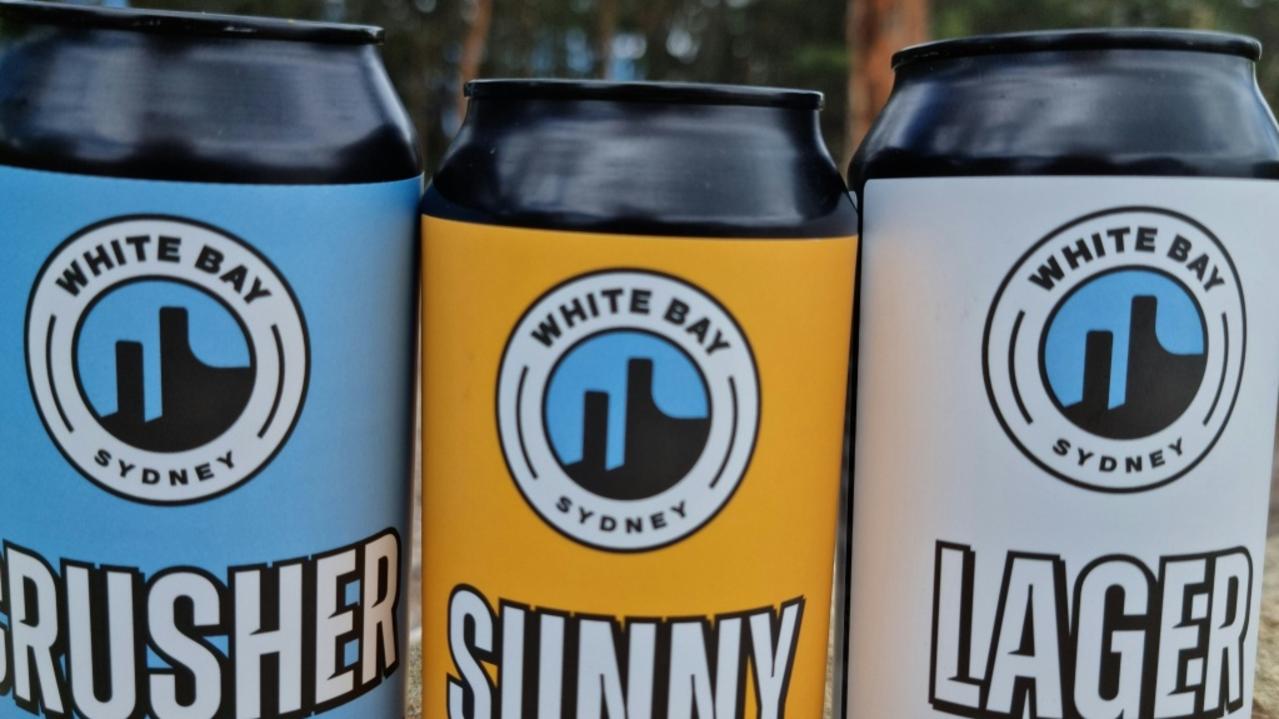

In 2017, the Australian Competition and Consumer Competition investigated allegations from some craft brewers that the major brewers were locking them out of beer taps in pubs, clubs and live venues through the use of exclusivity provisions and volume requirements.
However, they found it did not substantially lessen competition. Yet, the independent Brewers Associations said Australia’s beer market in dominated by two large foreign owned breweries who, in 2023, held approximately 85 per cent total market share.
Do you have a similar story? Continue the conversation sarah.sharples@news.com.au
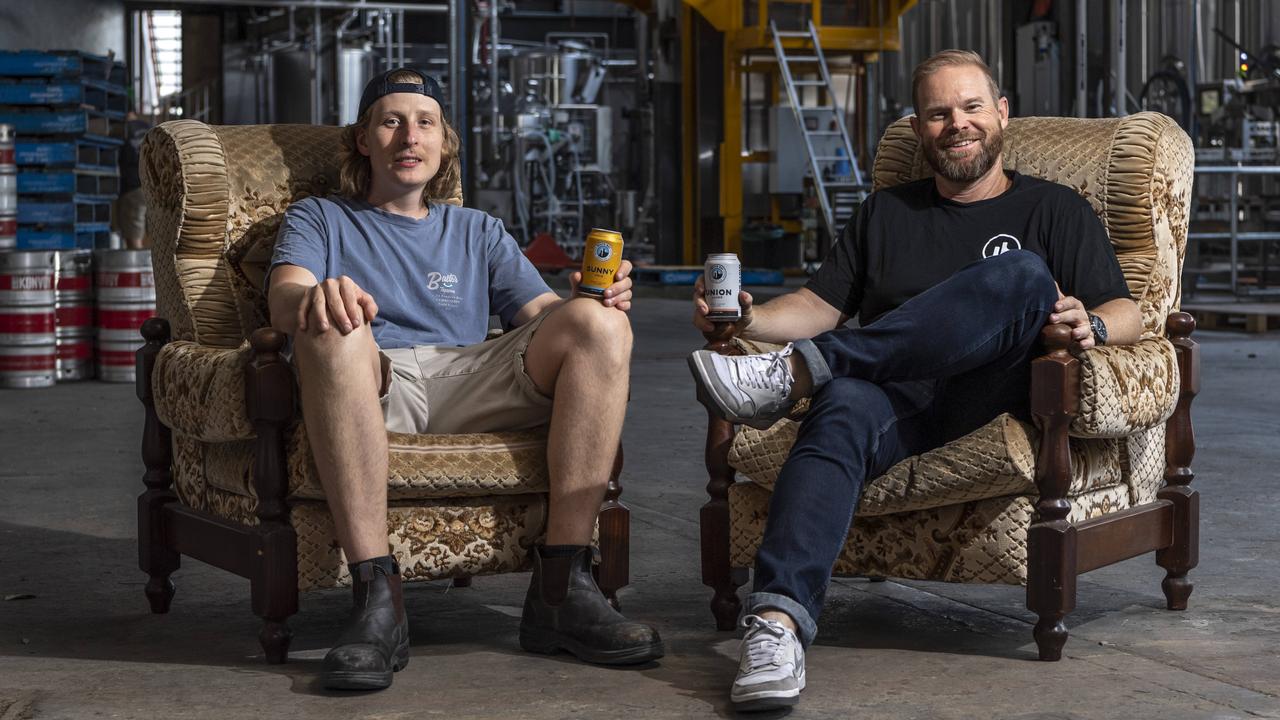
‘Feel as Australian as Vegemite’
A huge problem is the lack of awareness of what is actually independent beer in Australia, Mr Davey said, with White Bay Brewery making a new beer on average every 10 days.
He has worked for five independent brewers and one of the big players and he claims one sector is driven by quality and the others interest lies in “competing and market share”.
“There are brands out there that are owned by Japanese multinational conglomerates which feel as Australian as Vegemite but the profitable dollar doesn’t stay on shore in Australia for long,” he claimed.
“But for us the dollar rattles around for a lot longer, so there are consequences of where dollars gets spent.”
Australia’s 600 craft breweries contribute $1.93 billion to the economy and employ more than 10,000 people.

Perth-based Phat Brew Club co-founder Travis Moore also believes the big players have forced craft brewers out of tap space in a lot of venues.
“Small craft brewers don’t have the ability to survive with discounts and lock in contracts. The big boys, essentially what they are doing, is locking in these venues and not allowing independents to sell beers through there either,” he said.
“So there has been a call from the independent Beer Association for an ACCC inquiry into that restricting of the competitiveness of the industry.”
Mr Moore claimed he was aware of kickbacks for buying with the big players and said if you try and sell your beer to various places, they are “quick to tell you they can’t have an independent brewery in as they have a contact with the major players”.
“Those contracts can be quite beneficial with the venue as they get provided with tap set ups, holidays and all sorts of incentives and very large discounts,” he claimed.
“There is no way the small craft brewers can compete with that. But you will get a large number of venues that sell the same five or six beers and that’s not good for anyone.”


Paying $17,000 a month on one bill
Canberra-based BentSpoke Brewing Co boasts Australia’s longest serving brewer, Richard Watkins.
Mr Watkins said the craft brewer is facing “increasing pressures” with the cost of making beer skyrocketing over the last four years – up by 24 to 30 per cent.
“The cost of gas, freight, ingredients and labour costs have all gone up as well as the cost of utilities. The electricity bill was $12,000 a month three years ago and now it’s $16,000 to $17,000,” he revealed.
“Those cost increases impact the ability to make a margin in your beer and there are increasing pressures on supermarkets and distributors that sell beer – and they’ve got lots of breweries beer to sell – and the consumer is facing increasing pressures from the cost of living.
“So distributors and supermarkets try to makes sure they keep their pricing down to allow them to price products suitable for consumer to buy, so it’s placing more and more pressure on breweries to deliver beer at the cheapest possible price.
“It’s very difficult and we have to be very careful what we spend money on.”
There’s another simple fact – people are buying less beer too, he said, describing the economy as in a “mini depression”.

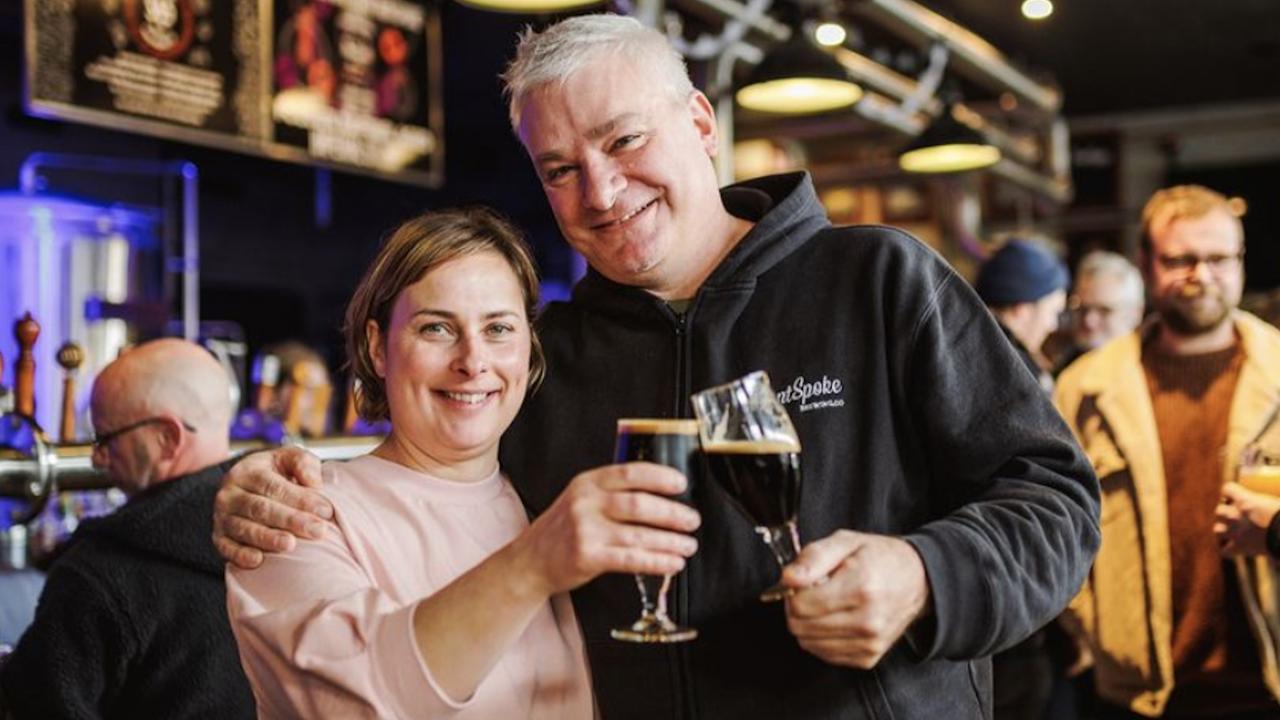

‘Don’t have the money to splurge’
Joel Meaney is part of a brewing family affair. He is the operations manager and head chef for Sydney’s northern beaches based outfit Dad & Dave’s Brewing.
It was started by a father and son duo, while he runs its tap room with his partner responsible for bookkeeping, his stepdaughter behind the bar and his dad running the food truck. Meanwhile Dave’s fiance runs the website and social media and Dave’s mum picks up the payroll.
“It’s really in-house and wholesome,” Mr Meaney added.
But he said while the business strength lies in its longevity – having been around for 13 years – although times are tough, he admits.
“Craft alcohol is a luxury item so I guess we are seeing a decent decline in our wholesale orders as the general public don’t have money to splurge on craft beers,” he commented.
“The bigger companies make a lot more product than us and can produce it a lot cheaper and sell it on to punters cheaper.
“The culture we live in is we still want to have a beer but we don’t have the money to spend on craft products, so there’s a definite decline across the board.”

He said its obvious consumers are struggling as “frugal deals” like happy hours, half price burgers and $5 tacos are big drawcards for getting people through the Dad and Dave’s Brewing tap door.
“There really doesn’t seem to be any end in sight for the tax issues and cost of living seems to be cemented,” he added.
Plus the brewer’s that have collapsed are from around Australia, he added.
“It’s not just Sydney, it’s Brisbane and Melbourne where these places are going under, so its nationwide that the cost of living is hitting. I hope more breweries don’t go under but the unfortunate truth is maybe they will,” he lamented.
“Craft brewing will continue but in what capacity I’m not sure.”

$32,000 bill to pay with one month’s notice
Meanwhile, WA-based Phat Brew Company was set up a by bunch of five mates who make some “weird and wonderful beers” like bubblegum sour and cherry ripe stouts.
But co-founder Mr Moore said the “challenges are coming from all angles” as the industry deals with the economic downturn.
“On the expenses side of things we’ve seen large increases in all utility costs, staffing costs have gone up significantly over the last two years, the cost of materials have drastically gone up as well,” he said.
“We have been hit with various taxes, the alcohol excise tax and payroll tax are the big impacts.
“From an income point of view, we have got a really stretched economy where people don’t have discretionary spending so we are seeing normal revenue coming down at the same time as costs are going up.
“People are still coming out but are not having three or four drinks and instead are having two drinks so that per person spend is down at the moment.”
An issue local to Perth is state government payroll tax which he said feels like they are being “punished” for providing employment opportunities, with a recent $32,000 payroll bill landing with just a month to pay.
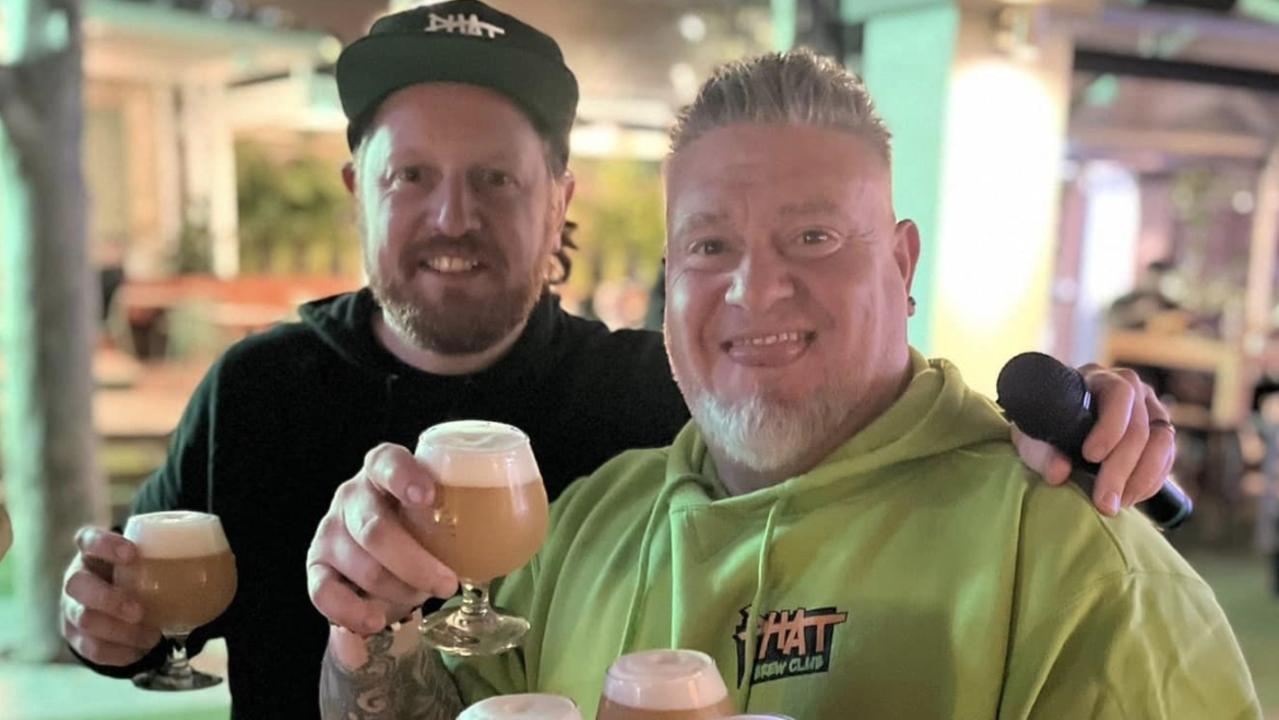
Tax taking up a third of the beer price
Another blow to the industry is the price of beer is set to go up again with Australia now boasting the world’s third-highest beer excise tax — something all craft brewers say is challenging.
Mr Meaney said it’s a tax that just “keeps hitting us” as it’s hiked every six months.
“Any size vessel whether it’s a can going out wholesale or glass of beer over a bar – a third of that is tax basically so it doesn’t leave a lot of room to profit off of our beers,” he explained.
“The tax is really bad, you can wrap it up in bows, but it’s just a bit s**t.”
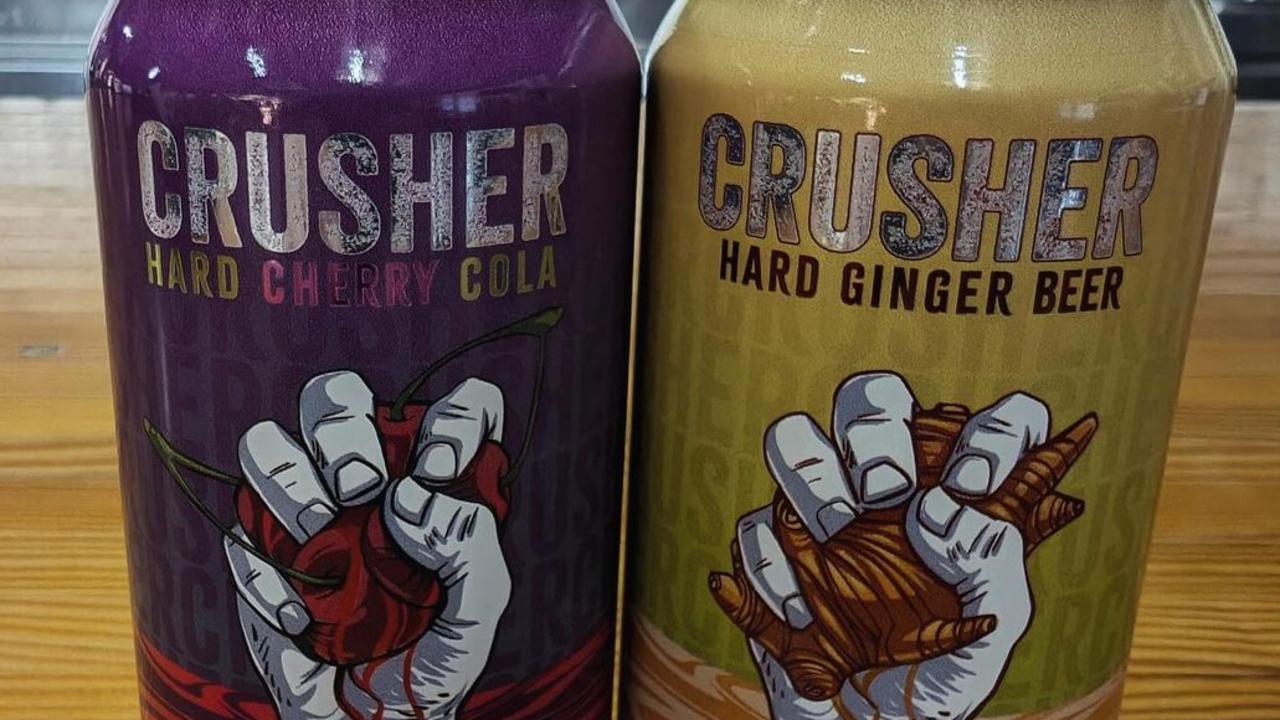
He is calling for a tiered system for the excise tax, where it is based on how much brewers are producing rather than a blanket number applied to all.
“As that would bring little guys like us back into competition with the bigger guys as they paying more tax on their products and they come back in line with us – everyone has a fair crack,” he said.
Phat Brew co-founder Mr Moore agrees tax takes up about a third of their costs and the business faces the dilemma of being unable to absorb the increase. Yet there’s also an inability to pass it on to struggling consumers.
He is calling for a deferment of the tax for year to give the industry some breathing room.

‘Impossible choice’
Meanwhile, White Bay Brewery have to constantly plan for the tax increase in every decision made, added Mr Davey.
“But the impossible choice we are faced with is do you cop that raise as a cost of business and absorb it in order to maintain as cheap a price point you can for the drinker and to keep pubs and bars and bottleshops we sell to happy? Or do you pass it on in order to offset losses as a business but potentially upset our customer?”
He said it isn’t the case of brewers, pubs, bottleshops or venues “profit gauging” but instead they are “hamstrung by unstoppable forces in the form of excise tax”.
“I think from the consumer’s perspective hopefully these businesses going into voluntary administration is a plead for support,” he added.
“As an industry, we need the drinker standing at the bar or buying bottles from the bottle shop making conscious decisions about where they put their money. Talk to the bartender or bottle shop attendant about what’s independent and what’s local and let them guide you to support a small independent business that will support the Australian economy.”



For Mr Watkins, he wants to see the government doing more to support an industry that creates a lot of local jobs.
He has suggested the $350,000 excise rebate be indexed the same as the tax is hiked and also wants changes to the wine industry’s more favourable tax regime.
He said there are 4 million hectares of barley grown in Australia, compared to 175,000 hectares of grapes – showing the important industry the craft brewing industry supports.
But it’s not just brewers collapsing – others are choosing to get out before things get worse.
Sydney-based Malt Shovel Brewery announced they were shutting down for good blaming a shrinking beer drinking market and the cost of living crisis, while Matilda Bay Brewpub’s closure was attributed to rising costs including wages, energy bills, materials and taxes.

Potential green shoots ahead
Yet, it’s not all bad news. Mr Davey believes this time of year also doesn’t help craft brewers.
“You’ve got Dry July, school holidays, everyone is in Bali, Greece, Italy, cold and wet weather – there’s a lot of reasons why it’s a quiet time of the year,” he said.
“In my professional experience it tends to be quiet and Sydneysiders quite late to the party in finding their coat in the back of their wardrobe.”
But there has been a huge win for White Bay Brewery, which inked a three-year deal to become the official beer for the Sydney Swans football team.
There's also a potential economic boost to brewers coming with BeerFest Sydney scheduled for the 6-7 December.
The BeerFest Australia doesn’t take a portion on their festival sales, unlike other festivals which take 50 per cent, it said.
sarah.sharples@news.com.au
Originally published as ‘Don’t have the money’: Crisis hits big industry




